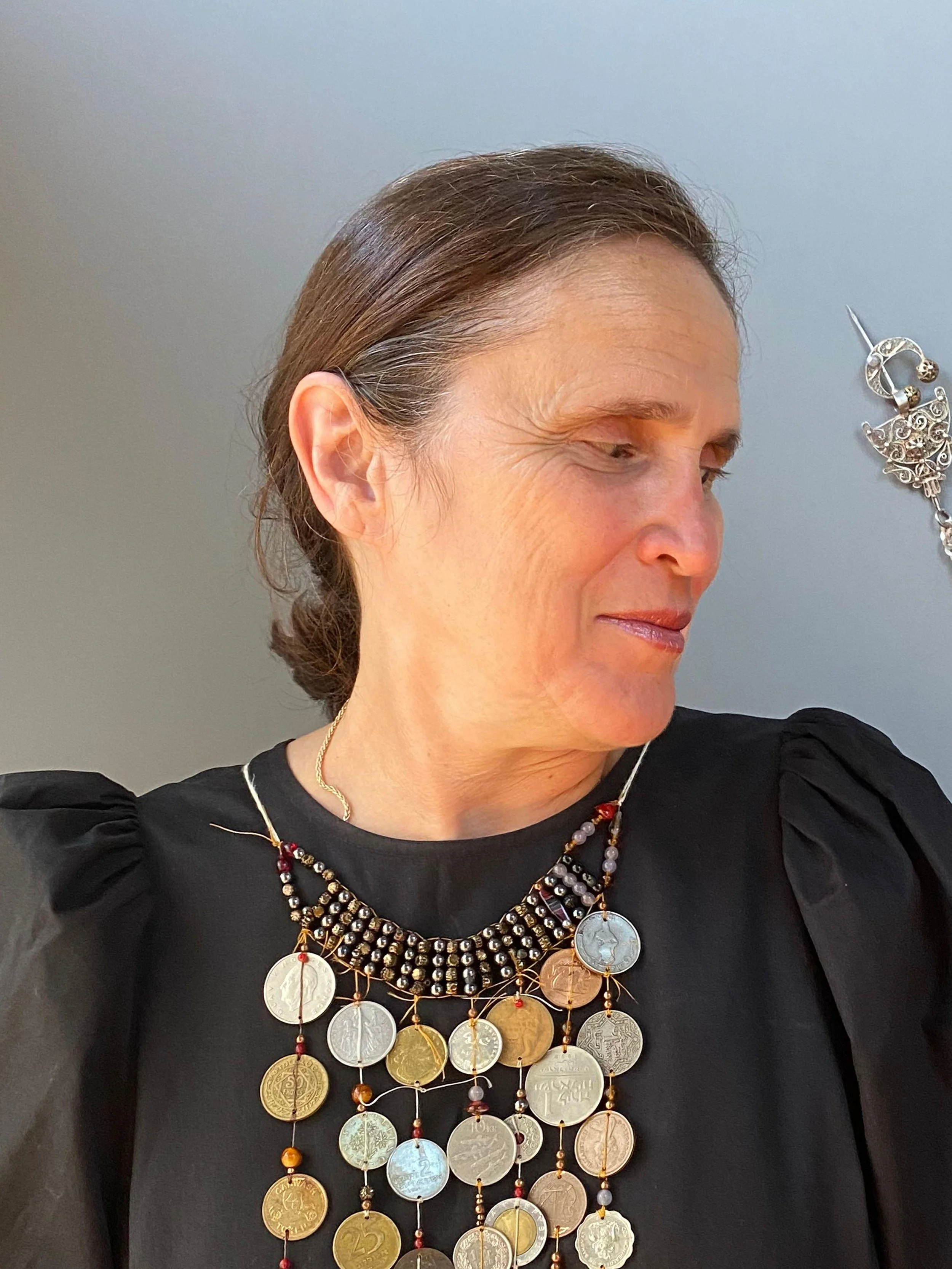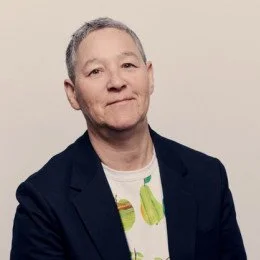2026 Summer Seminars
Unruly Jewels:
Inhabiting the Ruins of the Jewish Muslim World
This seminar sets as its point of departure the untold history of the interconnected destructions of the Jewish Muslim world in the Maghreb and of the infrastructures of craft making that shaped this world. Engaging with the theoretical framework of “potential history,” we will ask questions about this entangled destruction, its role in the destruction of Palestine and the perpetuation of the current genocide in Gaza, as well as what remains from destroyed worlds and if and how ruins can be inhabited and revived. We will experiment with an embodied collective-based research practice of fabrication & narration of jewelry, using muscular memory to animate what museums, archives and colonial violence proclaim “past.” Instead of relating to the Jewish Muslim world as if it belongs to “the past,” this method involves interacting with its surviving debris and enlivening disrupted histories and memories through this ancestral practice of jewelry making.
Ariella Aïsha Azoulay is Professor of Comparative Literature and Modern Culture and Media at Brown University. She teaches political theory from an anti-colonial perspective, using photography and material culture. Her latest books: The Jewelers of the ummah – Potential History of The Jewish Muslim World (Verso, 2024), La resistance des bijoux (Rot-Bo-Krik, 2023) and Potential History: Unlearning Imperialism (Verso Books, 2019) and From Palestine to Israel: A Photographic Record of Destruction and State Formation, 1947–1950 (Pluto Press, 2011); She recently published her first children’s book, Golden Threads (Ayin Press, 2024). Her latest films include the trilogy Unlearning Imperial Plunder: One Thousand and One Jewels (2025), The World Like a Jewel in the Hand (2023), Un-Documented (2019); her latest exhibitions are Errata (Fundació Antoni Tàpies, Barcelona, 2019; HKW, Berlin, 2020), and The Natural History of Rape (Berlin Biennale, 2022).
Third World Currents in Fourth World Anti-Colonialism during the Long Seventies
This seminar will provide a history of Red Power radicalization and Indigenous-Marxist cross-fertilization in Canada. It examines the political work undertaken by a number of dedicated Native activists and organizations from 1967 to 1982. It argues that their political organizing and theory-building borrowed substantively and productively from a Third World-adapted Marxism (particularly Mao and Fanon), which provided an appealing international language of political contestation that they not only inherited but sought to radically transform through a critical engagement with their own cultural traditions and land-based struggles. Not unlike many radicalized communities of color during this period, NARP molded and adapted the insights they gleaned from Third World Marxism abroad into their own critiques of racial capitalism, patriarchy, and internal colonialism at home.
Glen Coulthard teaches political theory at the University of British Columbia in the Department of Political Science, and is the current Director of the Institute for Critical Indigenous Studies. He is the co-founder of Dechinta Centre for Research and Learning, an anti-colonial land-based political education project started in Denendeh in 2010. He is Yellowknives Dene.
Unworlding: Utopia, Dystopia, Atopia
How do we unmake the structures, ideologies, modes of thought, epistemologies, and ways of seeing that, in a Euro-American tradition, we currently call “world”? What is the world? Who is the world? Who must necessarily be excluded in order for worlds to exist, to thrive, and possibly to die? We will explore the making, unmaking, and dismantling of worlds, and the relation between aesthetic practice and un/worlding. The seminar emerges out of an interest in the challenges and pleasures of collective thinking and critical theory: in questions of negativity and a/u/dystopia, Blackness, queerness, transness and ontology, desire and its itineraries.
Jack Halberstam is the David Feinson Professor of The Humanities at Columbia University. Halberstam is the author of seven books including: Skin Shows: Gothic Horror and the Technology of Monsters (Duke UP, 1995), Female Masculinity (Duke UP, 1998), In A Queer Time and Place (NYU Press, 2005), The Queer Art of Failure (Duke UP, 2011), Gaga Feminism: Sex, Gender, and the End of Normal (Beacon Press, 2012) and, a short book titled Trans*: A Quick and Quirky Account of Gender Variance (University of California Press). Halberstam’s latest book, 2020 from Duke UP is titled Wild Things: The Disorder of Desire. Places Journal awarded Halberstam its Arcus/Places Prize in 2018 for innovative public scholarship on the relationship between gender, sexuality, and the built environment. Halberstam has just finished a book titled Anarchitecture After Everything: A Trans Manifesto, which will be published by MIT Press in 2026.. Halberstam was recently the subject of a short film titled “So We Moved” by Adam Pendleton, and was named a 2024 Guggenheim Fellow.
(Racial) Capitalism, Policing, and the Shifting Terrain of Class Struggle
The goal of the seminar is to deepen our understanding of the relationship between state violence, gendered racial capitalism, and collective organized resistance by tracing some of the roots of the current fascist turn in the U.S. to the dramatic growth and transformation of the police state, and the demobilization and recomposition of the working class in neoliberal era. Readings and discussion will explore the extent to which rebellions and organized resistance arising in response to police violence have shifted the terrain of class struggles in urban America. These movements, often dismissed as marginal to “real” class conflicts of labor, nevertheless reflect racial capitalism’s key contradictions. In this light, how do we understand the relationship between abolition and class struggle? Does an abolitionist framework obscure or occlude class politics? How has the transformation of the police state set the stage for the current fascist turn and resistance to it?
Robin D. G. Kelley is Distinguished Professor and Gary B. Nash Endowed Chair in U.S. History at UCLA. His books include Freedom Dreams: The Black Radical Imagination, Hammer and Hoe: Alabama Communists During the Great Depression, Race Rebels: Culture, Politics, and the Black Working Class, Thelonious Monk: The Life and Times of an American Original, and Making a Killing: Capitalism, Cops, and the War on Black Life (forthcoming). His essays have appeared in dozens of publications, including The Nation, New York Times, New York Review of Books, American Quarterly, and The Boston Review, for which he is Contributing Editor.




